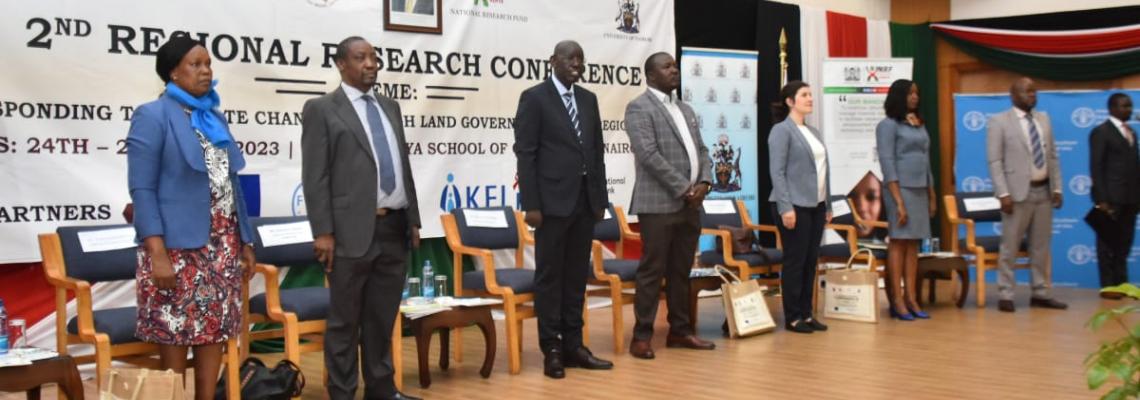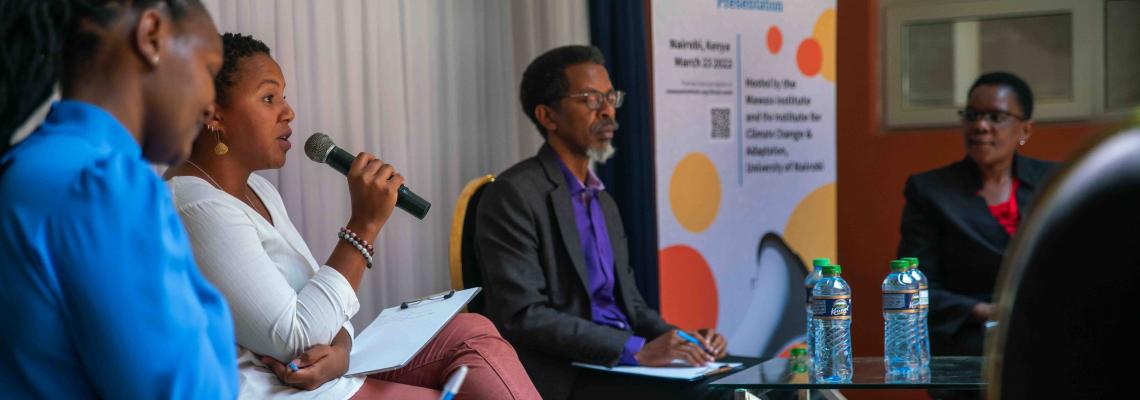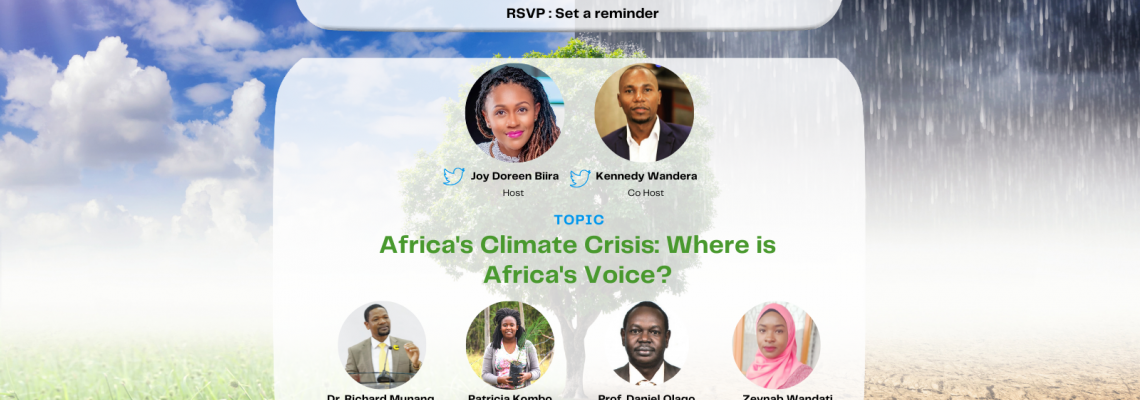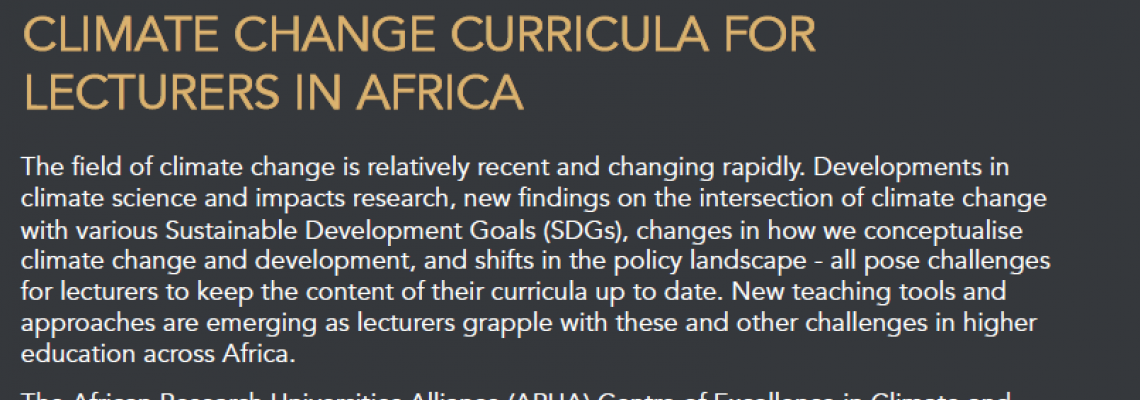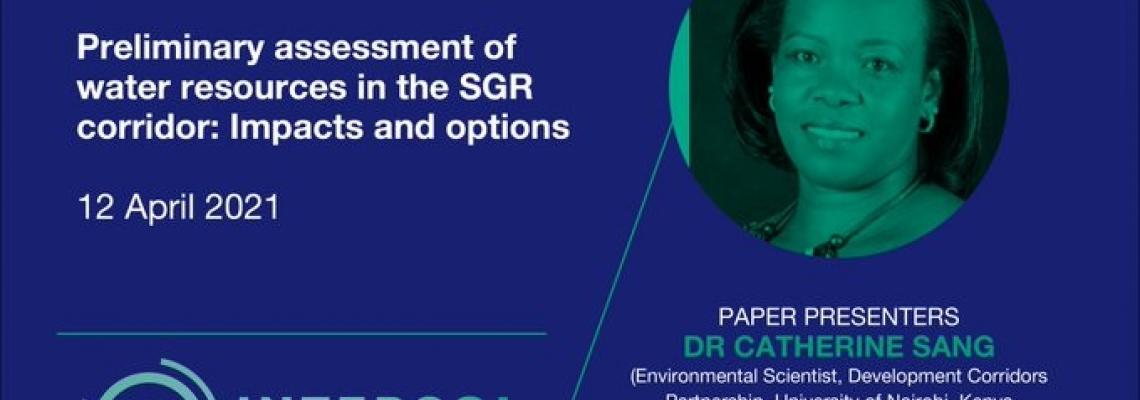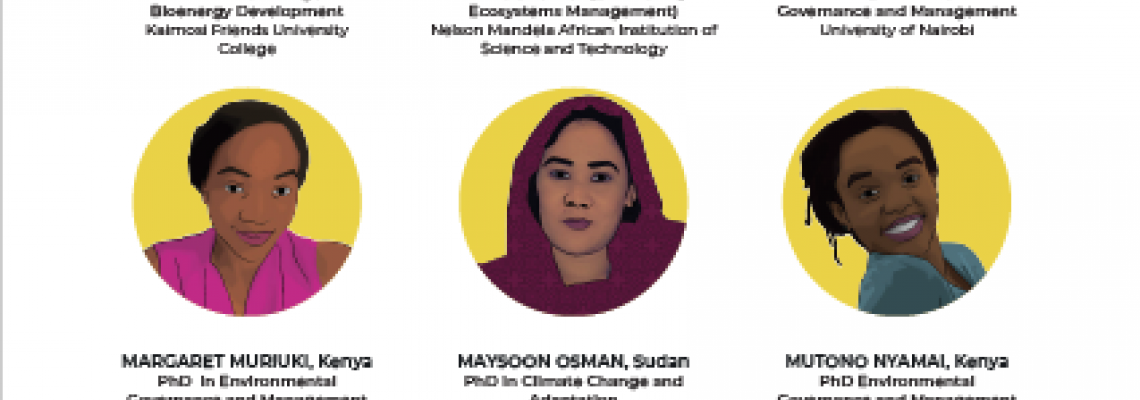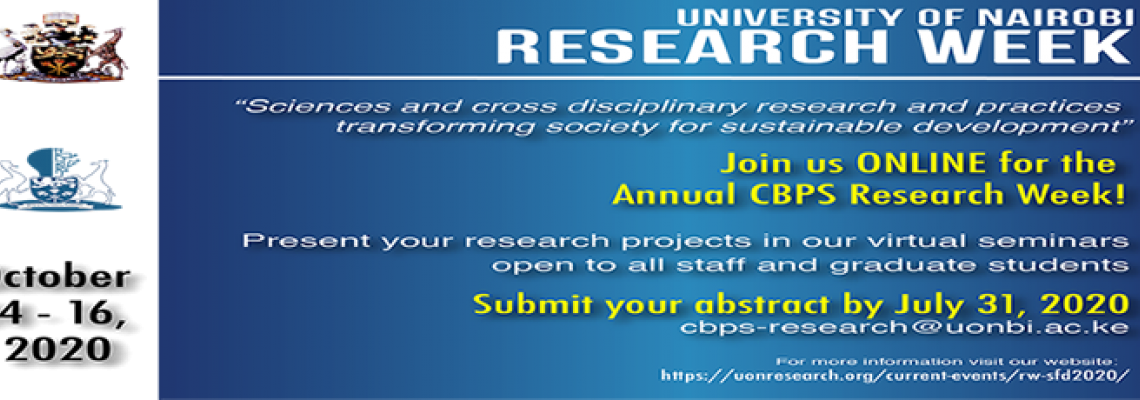
Student Short Biography:
Dr. Peter Mwangi Muchiri holds a PhD in Climate Change and Adaptation (CCA-Climate-Smart Agriculture), of the University of Nairobi, 2020. He has a Master of Science degree in Agricultural and Rural Development from Kenya Methodist University and a Bachelor of Science degree in Agricultural Education and Extension from Egerton University.
Dr. Peter Mwangi is a renowned agriculturalist, educationist and an accomplished data analyst. As an Agriculturalist, he has a keen interest in scientific and social research geared towards empowering rural farmers to improve their food production systems as a gateway for building resilience to climate change. His PhD study was a demonstration of that. His study was based on developing an Aquacrop model based Climate-Smart Agriculture package that would help the Smallholder farmers of Wiyumiririe Laikipia County Kenya be food secure and resilient to climate change. The outputs and outcomes of the study were fulfilling. It is expected that once the recommendations of his study are put into policy and practice, the target community and others in similar environmental conditions worldwide, are likely to be food secure for current and future weather conditions. His work was selected for oral presentation and subsequent publishing during the conference entitled ‘Science for Development: Supporting Manufacturing, Affordable Housing, Universal Healthcare and Food Security’ organized by the College of Biological and Physical Sciences of the University of Nairobi held between 24th and 25th October 2018.. http://uonresearch.org/sfdc/article-categories/food-security. The paper was subsequently reviewed and published
Dr. Peter Mwangi has over 25 years of hands-on experience as an educationist under the Teachers Service Commission. Deployed under the Teacher Training Program, he has over the years participated in the training of over 10,000 Agriculture/Biology/Chemistry and Science teachers at Bachelor, diploma and certificate level majority of whom have since been absorbed into Kenya and other global education systems. During his tenure at Kagumo Teachers Training College (Nyeri), Dr. Peter Mwangi was credited to have pioneered the integration of ICT into teaching. Dr. Peter Mwangi has at various times been appointed as an associate member of academic staff at various universities which include; University of Embu, Mount Kenya University, Chuka University and Laikipia University.
Dr. Peter Mwangi has advanced training in data analysis [both for qualitative and quantitative data] as well as in the use of Geographic Information Systems (GIS). In that regard he is highly proficient in data analysis using programs such as; SAS, SPSS, MAXQDA, NVIVO and MATLAB. His vast training and experience in data analysis earned him the lucrative position of a research assistant for A QR-GCRF research project funded by Research England/University of Leeds, based at The Institute for Climate Change and Adaptation, University of Nairobi, (2019).
Project Summary
Thesis Title: An Aquacrop Model Based Climate-smart Agriculture Approach for Smallholder Farmers: The Case of Wiyumiririe, Laikipia County, Kenya.
Thesis Abstract:
This study sought to investigate how Climate-Smart Agriculture adaptation options developed through a transdisciplinary approach, could be applied to help the Smallholder farmers of Wiyumiririe, Laikipia County, improve their food security and build resilience to Climate Change. During the incipient stages, the study determined the community’s vulnerabilities as an avenue of understanding the climate related challenges farmers had, before capturing their perceptions towards the changing Climate. This was followed by identifying and prioritizing plausible Climate Smart Agriculture (CSA) options by use of pair-wise ranking and multi-criteria analysis. The options prioritized included growing of sorghum crop on two separate parcels of land; one prepared by double digging and the other one by constructing Zai pits where varying levels of farmyard manure were applied. The field trials were done from January 2016 to February 2019. Climatic trends were determined for this period which was followed by calibrating and validating the Aquacrop model for Sorghum growing in a field experiment. The model output formed a basis of understanding the impacts of Climate Change on Sorghum crop yields and developing scenarios for policy makers under different climate scenarios for Wiyumiririe up to the year 2068. Further, the farmers had moderate knowledge about change. They attributed Climate Change to increased occurrence and intensity in extreme weather events such as droughts and frost. Nevertheless the farmers had the impression that Climate Change was a local phenomenon and that it could be addressed by putting in place mechanisms to support adaptation such as rainwater harvesting technologies and use of drought resistant crop varieties. This study was an attempt to put in place one such adaptation measure, through the introduction of growing sorghum, a drought resistant crop, under varying management practices. Rainfall Anomaly Index (RAI) was used to gain insight into the inter-seasonal climate variability while Standardized Precipitation Index (SPI) was used to determine inter-annual climate variability for the area. Results showed that the decadal number of wet seasons was declining; total amount of rainfall was reducing and becoming erratic, while at the same time the frequency and duration of drought periods were increasing. Further, the two meteorological indexes, i.e. RAI and SPI, were found to be useful tools in selecting suitable crop and corresponding rainwater harvesting technologies based on rainfall patterns. Calibration for the Aquacrop model showed that the model attained a remarkable goodness of fit between field data and simulated ones for canopy cover, biomass and yields. Crop yields derived from Double digging and Zai pit trials were higher by 92.24% and 91.63% respectively; above the conventional farming, i.e. non CSA approach. The model output of sorghum crop yields under Climate Change in different emission scenarios varied significantly. For instance, under RCP 8.5 the yields will be higher by as much as 5.22% in the medium term, (2038) and 18.478% in long term (2068) compared to the lowest emission scenario (RCP 2.6), mainly due to increased carbon dioxide fertilization. However the increase in yields needs to be taken with caution. This is because the compounding effects of water stress which is likely to cause a 61% reduction in canopy expansion, 31% closure in stomata and temperature stress of 31% is not yet fully understood. Moreover, the impacts of altered weather patterns to crop physiology, soil chemical properties and; prevalence of crop pests and diseases are still obscure. To improve the performance of the interventions investigated; this study recommends calibration of the Aquacrop model should include a soil fertility file, as well as tillering and ratooning aspects of Sorghum crop. Additionally, RAI and SPI should be further investigated to assess their potential in determining onset and cessation of rains. While that is being sought, the interventions investigated should be formulated into CSA policy for Wiyumiririe and implemented. The options provide a plausible option for communities in similar environment conditions worldwide to become food secure and resilient to Climate Change.
Key Words: Climate Smart Agriculture, Aquacrop model, Double digging, Zai pits, Representative concentration pathways, Vulnerability, Mental Health, Policies and Strategies.

